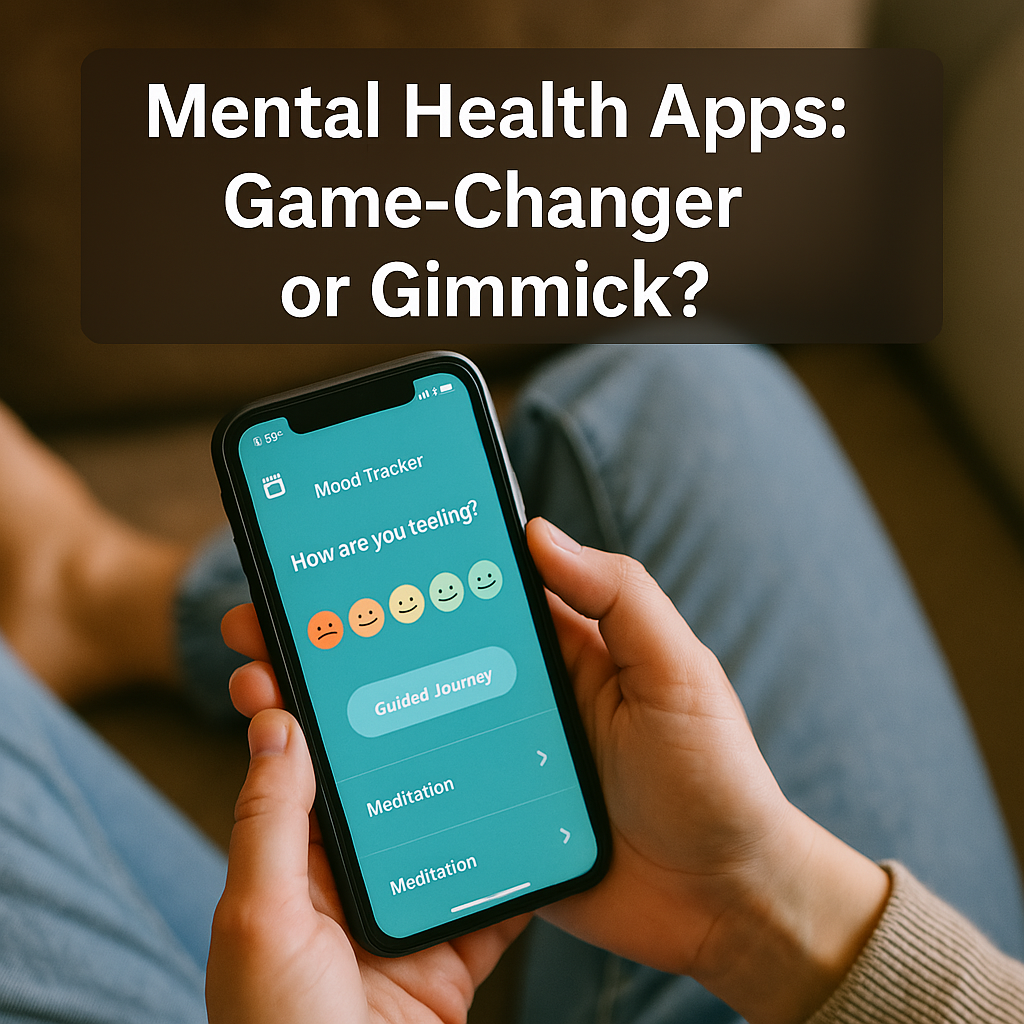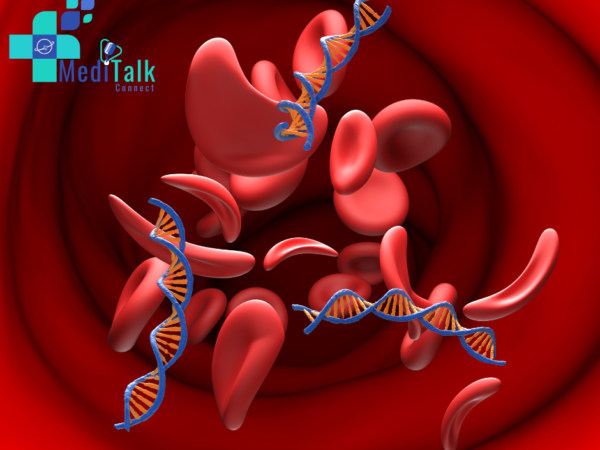Introduction: The Growing Popularity of Mental Health Apps
In today’s fast-paced, highly connected world, mental health has become a global priority. With increasing stress, anxiety, and depression rates, many people are turning to digital solutions for support. Mental health apps have surged in popularity, offering tools for managing stress, anxiety, and other mental health challenges.
But the question remains: Are these apps truly a game-changer in mental health care, or are they just another gimmick that falls short?
The rise of mental health apps has been rapid, but we must ask ourselves whether these digital tools are a solution or just another passing trend. The stakes are high, as mental health affects millions of people worldwide, and the need for effective interventions has never been greater.
The Urgency: Mental Health Crisis in the Digital Age
The mental health crisis is reaching a critical point. Here are the staggering statistics:
-
One in four people will be affected by mental health issues at some point in their life.
-
In 2020 alone, over 264 million people suffered from depression globally.
-
Suicide rates have risen significantly in the past decade, especially among younger generations.
In this environment, there’s an urgent need for accessible mental health support. Mental health apps claim to offer immediate, on-the-go solutions to combat these growing issues, but are they living up to the hype?
What Are Mental Health Apps?
Mental health apps are mobile applications designed to help users manage their mental well-being. These apps typically offer a range of services, including:
-
Mindfulness exercises: Guided meditation, breathing techniques, and relaxation practices.
-
Cognitive Behavioral Therapy (CBT): Tools for reframing negative thoughts and behaviors.
-
Mood tracking: Monitoring emotional states and identifying patterns in mental health.
-
Sleep aids: Techniques and tools to help improve sleep quality and reduce insomnia.
-
Community support: Connecting users to virtual support groups for shared experiences.
While these apps promise to offer relief, the effectiveness and long-term impact of mental health apps remain in question.
The Game-Changer Potential: What Mental Health Apps Offer
1. Accessibility and Convenience
One of the key advantages of mental health apps is their accessibility. For many, visiting a therapist or mental health professional can be difficult due to location, time constraints, or financial barriers. Mental health apps democratize access to mental well-being support, allowing users to access resources at any time, from anywhere, often at a lower cost than traditional therapy.
This level of convenience has the potential to make mental health care more inclusive and break down the stigma surrounding seeking help.
2. Immediate and Ongoing Support
Mental health challenges often require immediate intervention. Whether it’s an anxiety attack, a depressive episode, or a stressful moment, having an app that can provide quick, real-time coping mechanisms is invaluable. Many mental health apps offer immediate support through guided exercises, breathing techniques, and relaxation practices, which can help alleviate symptoms on the spot.
Moreover, mental health apps often feature ongoing monitoring tools that track mood changes over time. This can provide valuable insight into one’s mental health journey, allowing individuals to identify patterns and triggers.
3. Personalization and Tailored Approaches
Some mental health apps use artificial intelligence and data analytics to offer personalized recommendations and interventions. By tracking user data—such as mood, behavior, and sleep patterns—these apps can adjust the support they provide, offering tailored strategies to improve mental well-being.
The customization that mental health apps provide means that users can create a mental health regimen that works specifically for their needs. This level of personalization is something that traditional therapies might not always offer, making mental health apps a potentially game-changing option.
The Gimmick: The Dark Side of Mental Health Apps
Despite their promising features, many critics argue that mental health apps could be little more than a gimmick. There are several key concerns that users and experts alike should consider:
1. Lack of Regulation and Standards
While many mental health apps claim to offer therapeutic benefits, most of them are not regulated by health authorities. This lack of oversight raises serious questions about the accuracy and effectiveness of the services they provide.
For example, some apps use unproven techniques or simplified versions of therapies like CBT, which may not be suitable for individuals with more severe mental health conditions. The absence of standards in app development means that anyone can create a mental health app, regardless of their qualifications or expertise.
2. Over-Simplification of Complex Issues
Mental health is a deeply complex and individual experience. No app can replace the nuanced understanding and guidance provided by a trained professional. While mental health apps can certainly offer support, they often oversimplify serious conditions and fail to provide the depth of treatment needed for individuals with chronic mental health issues.
For people with severe anxiety, depression, or other serious mental health conditions, relying solely on an app could be dangerous. Without professional oversight, users may miss signs of worsening conditions, potentially delaying critical interventions.
3. Data Privacy Concerns
Mental health apps collect sensitive user data, including mood patterns, mental health assessments, and even personal stories shared during exercises. There are growing concerns about the security of this data and whether it might be exploited for commercial purposes or fall into the wrong hands. In an era where data breaches are becoming all too common, users must be cautious about the apps they trust with their mental health information.
4. Lack of Human Interaction
While mental health apps offer convenience, they often lack human empathy and connection—two key elements of successful mental health treatment. Talking to a trained professional offers emotional support, understanding, and personalized care that an app simply cannot replicate. For those seeking a genuine connection or deep, therapeutic support, apps cannot fully replace the value of human interaction.
Conclusion: Are Mental Health Apps a Game-Changer or Gimmick?
The answer is clear: mental health apps have the potential to be a game-changer, but only if used correctly and in conjunction with other forms of support. They are an incredible tool for managing day-to-day stress, promoting mindfulness, and tracking mood, but they are not a substitute for professional help.
The mental health crisis demands immediate attention, and mental health apps can be part of the solution, offering accessible, affordable tools for millions of people. However, it is crucial for both users and app developers to recognize that apps are just one piece of the puzzle.
If we are truly going to revolutionize mental health care, we must approach it holistically—combining digital tools, professional therapy, and supportive communities. Mental health apps are not a gimmick, but they must be used responsibly and with the understanding that no app can replace human care.
The time to act is now. Take charge of your mental well-being by exploring mental health apps, but don’t forget to seek professional support when needed. Together, we can create a future where mental health is prioritized, and everyone has the tools they need to thrive.




